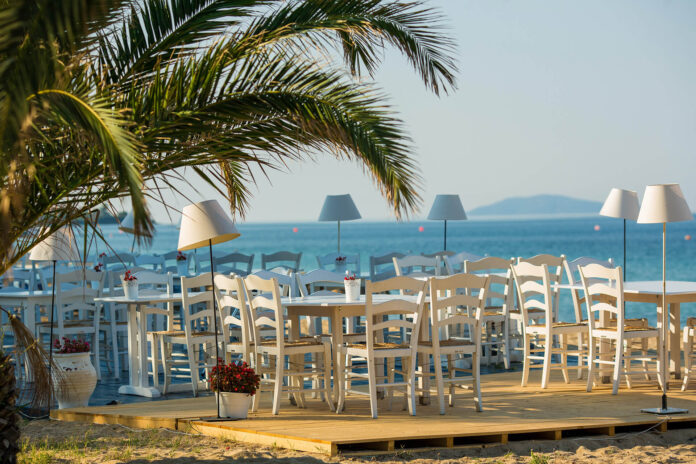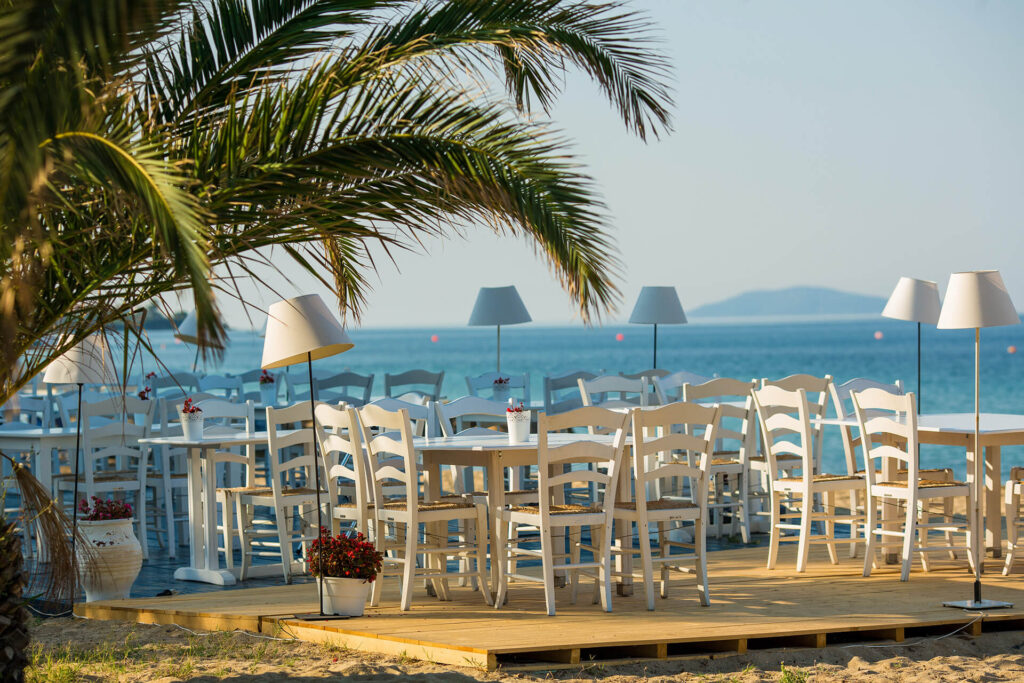If you are among the lucky ones who can go to Greece, the first thing you should know is that is necessary to be fully vaccinated two weeks before entering Greece or provide a negative PCR test no older than 72 hours. Children younger than 5 do not need a negative test.
Also, all visitors are obliged to fill in a PLF (Passenger Locator Form) form found here: https://travel.gov.gr/ and show it upon entrance. If a whole family is traveling, one form is enough.
After the form completion, you will receive an email acknowledgment and an email with the QR code you need to print or show it on your mobile phone.
In addition, upon arrival, you might be required to undergo a rapid COVID-19 test on arrival. If you test positive on arrival in Greece, you will have to self-isolate for at least 14 days, or until local authorities tell you, in your accommodation or a special self-isolation hotel.
At the moment, everybody must wear a mask in all public places in Greece (both indoors and outdoors and all communal places).
A curfew is from 10 pm to 5 am.
You need certification of any essential movements.
If you want to visit a store, you should do it by ‘click-away’ and ‘click-in-shop’ by appointment by sending an SMS with your name and address to 13032. You can only stay in a shop for 3 hours a day.
Whenever you want to leave your accommodation you must either complete a self-written note, by using the online form provided by the Greek authorities, write your note or send a free SMS (only available from Greek mobile numbers) to 13033.
Your note should include the following information:
- Name and Surname
- Address
- The reason you are going out and the address of your destination
- Date, Time and Signature
The form of your SMS should be as follows:
X [blank] Name [blank] Surname [blank] address of residence
(Replace X with the number 1, 2, 3, 4, 5, or 6,):
- A visit to a pharmacy or a doctor.
- Going to a supermarket, grocery shop, or another retail outlet
- Going to the bank or other essential public services, if the transaction is not possible online.
- Going to help people in need (including e.g. driving a family member to work, driving or accompanying a child on their way to or from nursery or school).
- Going to a ceremony or moving to a divorced parent
- Physical exercise outdoors or moving with a pet, visiting archaeological sites, public parks, and amateur fishing spots. All open for visits of up to 3-member groups or more for family members.
You must show the certification to the authorities when requested, at any time.
A limited number of people are allowed into churches and religious services.
You cannot travel to other regional units of Greece unless it is for essential reasons.
Maximum 3 people can be in a taxi or a private vehicle (unless all members of the same family).
If you think you have COVID 19 symptoms, you will be advised not to visit local health facilities, but contact a doctor remotely to see if you should get tested. There is likely to be a cost associated with this, for call out, examination, and testing, which you will have to pay.
If you are tested positive, you will be asked to quarantine until advised otherwise. You may be able to remain in your existing accommodation or be required to go into a state hospital or other government-provided accommodation.
Despite all these strict rules and measures, Greece has imposed to protect its citizens, there is a trace of light. On May 3rd, after six months of difficult lockdown, Greek bars, restaurants, and cafes are allowed to open and the first visitors have enjoyed their well-deserved cup of coffee and a bite of hope for the future. We all believe this is just the beginning of an end and that things might just get back to normal very soon.


